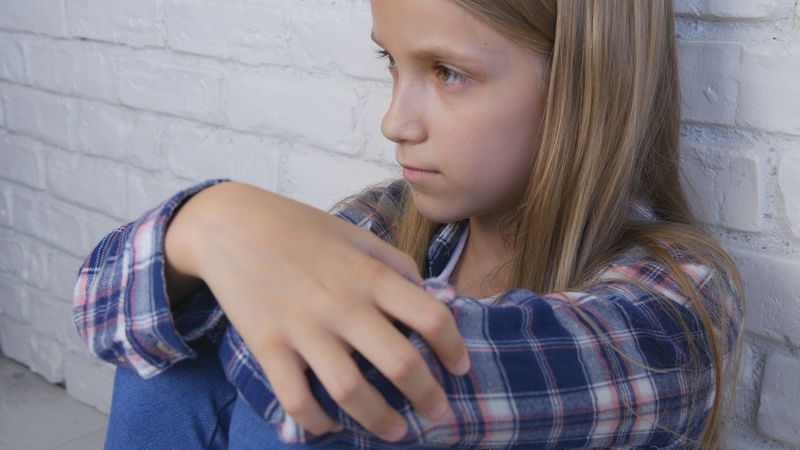
Despite the fact that more and more young people are struggling with depression, anxiety and other psychological obstacles, help is still hard to come by for some.
According to Vox, it’s estimated that about one-quarter of those under age 18 have struggled with such a problem and only about one-third receive help.
But Jessica Schleider is hoping to change that.
Teaching Kids Coping Skills Through Cognitive Behavioral Therapy
Schleider is in charge of the Lab for Scalable Mental Health at Stony Brook University in New York and is an advocate of psychotherapy, which is similar to therapy but “much, much shorter.”
Psychotherapy is also known as talk-based therapy. Traditionally, patients have hour-long sessions over the timeframe of weeks or months.
But Schleider’s approach differs. Her sessions are about 30 minutes and are rooted in the idea of cognitive behavioral therapy. Three such sessions are available online for free so that young patients can try them and then assist in evaluating them.
While Schleider is still working to determine the effectiveness of the sessions, a pilot study with 96 participants in 2018 showed encouraging results, finding that one 30-minute session decreased depression and anxiety in comparison to a control group.
Schleider says her hope is that these sessions can provide kids with coping skills.
“I don’t think what we’re doing will replace anything already out there,” Schleider says. “But there needs to be other options.”
Short, Online Modules on Mental Health
Because of the shortage in mental health care, Schleider says one way her sessions could be used is when a child is waiting for a one-on-one appointment with a therapist. Or, she adds, they could be used by pediatricians when a child is showing signs of depression.
One of the sessions available online confronts depression by teaching children that the feelings they are experiencing are temporary. Another of the sessions delves into self-hatred and being kind to oneself, while the third deals with mood management.
Schleider says the content in the modules are “all little pieces of what you might get in a full treatment package.”
“But nobody’s ever bothered to test whether every aspect of those full treatment packages need to happen in order for someone to make a change,” she added.
As such, Schleider plans to continue collecting data on whether her programs are effective.
“Right now we have four or five different programs we’re evaluating,” she said. “We want to get an excellent grasp of what they do, and how they do it, and for whom they can be supportive and helpful before getting to the point of saying ‘everyone should now do this thing.’”
“Too many kids have gone without care for too long, and that’s why I’m doing this,” she added.
